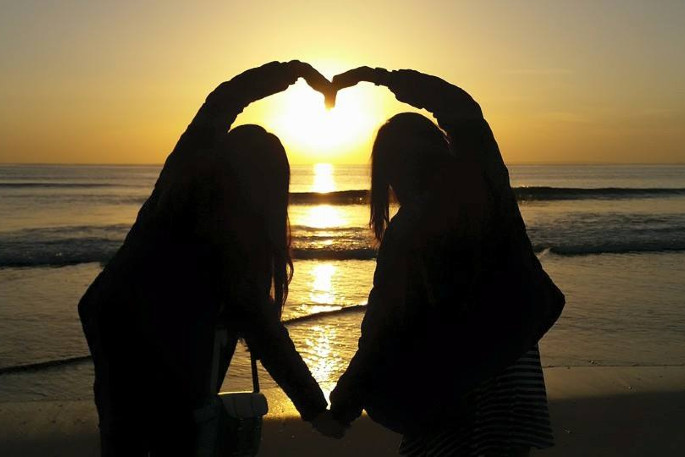Lifeline is calling for greater connection and resilience to further push down the suicide rates in New Zealand.
'There's a glimmer of hope here for New Zealand and yet, as the Chief Coroner has mentioned, this is cold comfort for those who have lost loved ones,” says Lifeline Aotearoa's Clinical Manager, Renee Mathews in response to the news of the reduced suicide rates.
'The path to further, sustained reduction rates will come from developing strong connections and resilience within our communities, and how we interact with whanau and families every day.
'We know suicide prevention is not about relying on mental health services to do the heavy lifting. Lifeline believes every New Zealander has a role to play,” says Renee.
'This means looking out for each other, a quick call or knock on the door, each of us seeing that our collective wellbeing is everybody's business. And it's more important now than ever before.
'If we are learning anything from these lockdowns, it's that we can survive and get through by coming together and drawing on our collective strengths. This is resilience-building in action.
'By encouraging communities to care, we can further strengthen these resilience skills so that we all pull through in times of distress,” says Renee.
The Suicide Mortality Review Committee – SuMRC - welcomes the Chief Coroner's annual report on provisional suicide statistics released on Thursday. The figures suggest an overall decrease in deaths by suicide in Aotearoa.
'We need to first acknowledge the people behind the numbers, those who have died by suicide and recognise the pain and hurt of family, friends and whanau bereaved by suicide,' says SuMRC chair Dr Sarah Fortune.
SuMRC is an independent committee that reviews suicide in Aotearoa New Zealand and advises the Health Quality & Safety Commission and Government on how to reduce these deaths.
Dr Fortune says the data continue to highlight the undue burden of suicide carried by Maori communities and the need to address the structural drivers of suicide including the effects of colonisation and loss of land, with associated poverty and discrimination.
'We also note with concern that the rate of suicide for Asian people increased 5.1 to 7.9 per 100,000 people, this indicates attention should be given to culturally responsive prevention strategies for this group. The SuMRC is building on earlier work to further identify the unique drivers, and protective approaches, to supporting Asian communities.”
The data by the Office of the Chief Coroner show that 654 people were provisionally notified as having died by suicide in the year July 2019 to June 2020, which equates to a rate of 13 deaths per 100,000 people, a decrease from both the 2017/18 and 2018/19 years.
Dr Fortune welcomes the lower numbers reported this year and commends the multisectoral collaboration outlined in the national suicide prevention strategy, which she says will be critical to sustaining ongoing reductions in suicide in Aotearoa/New Zealand.
She cautions against comparing regions' deaths.
'Due to the relatively small size of our country, and how the population is distributed within regions, it is difficult to compare deaths between districts, particularly given the way the borders of those regions may be defined.”
She says, while there has been an overall decrease in the suicide rate for Maori, the long-term inequity in suicide rates remains very apparent.
'This demonstrates that the structural drivers of inequity for Māori still need addressing - particularly poverty and discrimination.”
SuMRC welcomes the extra support given to respond to service demand, and the investments being made in mental health and wellbeing. However, Dr Fortune says suicide remains a complex public health problem with no simplistic solution.
'It requires the combined effort of individuals, communities and government. This is an unusual and challenging time for all of us. We must build on what good work has been done and continue to create an environment that protects and nurtures people, promotes and enables community resilience.'
For help
If you or someone you know need immediate help, please call:
Need to talk? Free call or text 1737 (mental health, depression, and anxiety counselling)
Lifeline: 0800 543 354
Suicide Crisis Helpline: 0508 828 865 | 0508 TAUTOKO; 12 noon to 12 midnight (those in distress, or who are concerned about the wellbeing of someone else).
Asian Family Services: 0800 862 342
Aunty Dee: www.auntydee.co.nz free online tool for working through problems
National Maori Suicide Prevention Centre: https://teaumaori.com/



0 comments
Leave a Comment
You must be logged in to make a comment.